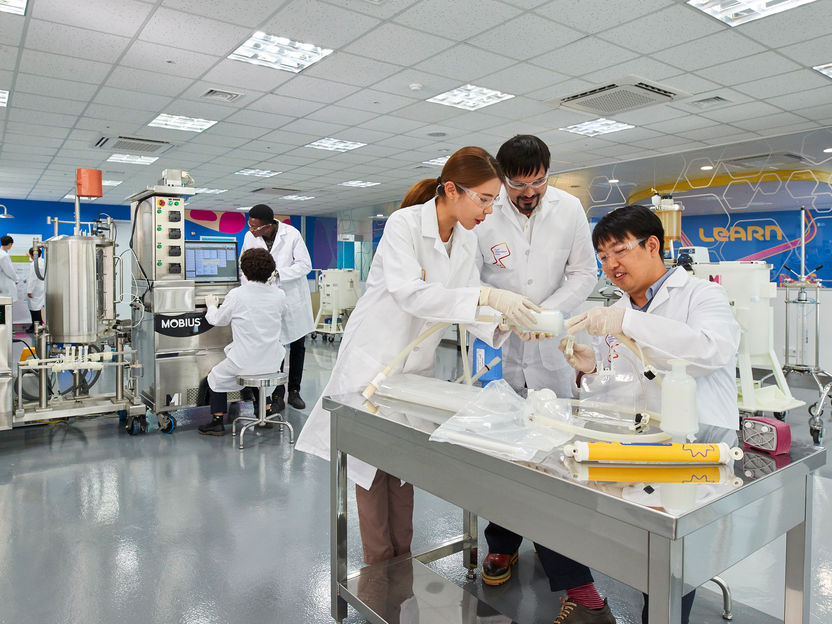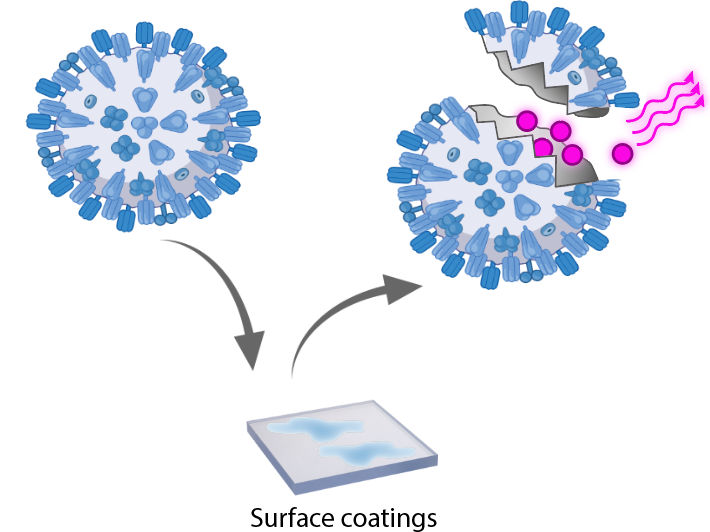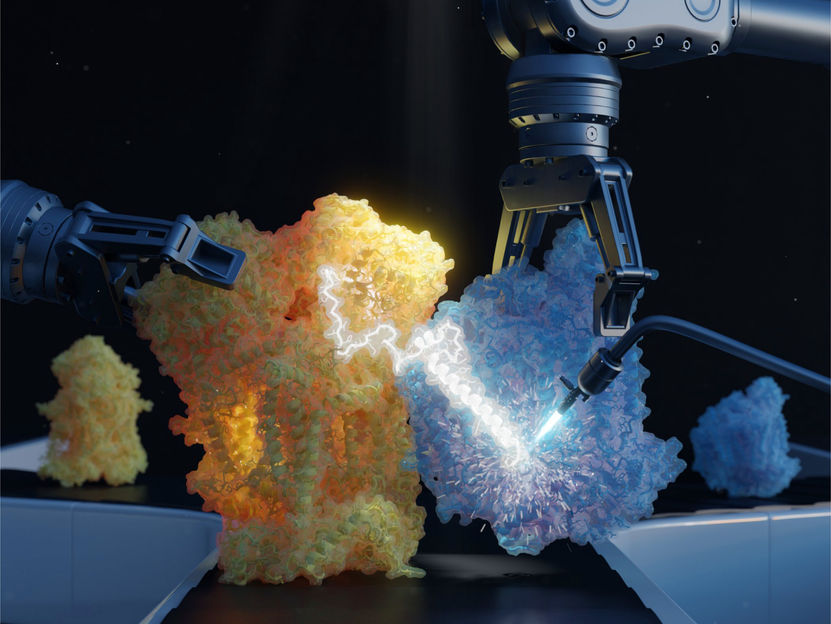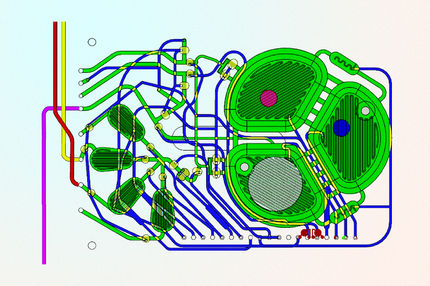Merck Unveils New M Lab™ Collaboration Center in Korea
Merck announced the opening of an M Lab™ Collaboration Center in the Songdo district of Incheon, Korea, one of the fastest growing biotech hubs in Asia. The center provides biopharmaceutical manufacturers with a shared, exploratory environment where they can closely collaborate with Merck scientists and engineers to solve their toughest challenges and accelerate development and production of new therapies.

Merck KGaA
“With a rapidly growing biopharmaceutical industry in Korea and demand for novel and cost-effective therapies worldwide, there is a clear need for innovative concepts like our M Lab™ Collaboration Centers,” said Udit Batra, Member of the Merck Executive Board and CEO, Life Science. “At our new center in Incheon, our customers will benefit from our deep technical expertise to develop processes for manufacturing drugs faster, safer and more effectively than ever before.”
The new M Lab™ Collaboration Center replaces a smaller facility in Seoul and will better suit the needs of Korea’s growing biopharmaceutical market. The new, state-of-the-art center will include a simulated manufacturing environment and offer full end-to-end process development support. In addition, education on best practices and new approaches to develop, optimize and scale-up processes and simplify global technology transfer will be available to customers.
The new M Lab™ Collaboration Center in Incheon is one of nine such centers around the world. Each center allows pharmaceutical manufacturers to explore new ways to increase productivity, improve processes and mitigate risks by giving them access to a team of experts. Customers have access to sizing and simulation tools and methodologies as well as analytical and modeling support. Formal bioprocessing educational courses are also available, including traditional classroom-style training and interactive, hands-on sessions.
Most read news
Other news from the department business & finance

Get the life science industry in your inbox
By submitting this form you agree that LUMITOS AG will send you the newsletter(s) selected above by email. Your data will not be passed on to third parties. Your data will be stored and processed in accordance with our data protection regulations. LUMITOS may contact you by email for the purpose of advertising or market and opinion surveys. You can revoke your consent at any time without giving reasons to LUMITOS AG, Ernst-Augustin-Str. 2, 12489 Berlin, Germany or by e-mail at revoke@lumitos.com with effect for the future. In addition, each email contains a link to unsubscribe from the corresponding newsletter.
Most read news
More news from our other portals
Last viewed contents
Body_fat_redistribution_(BFR)_syndrome
Evotec accelerates access to biologic therapeutics with initiation of manufacturing facility in Toulouse
Trimeresurus_mucrosquamatus
Glyphosate now most heavily used weed-killer in history

Watching viruses fail - Surfaces with antiviral properties: Findings can be used to optimize facial masks





















































